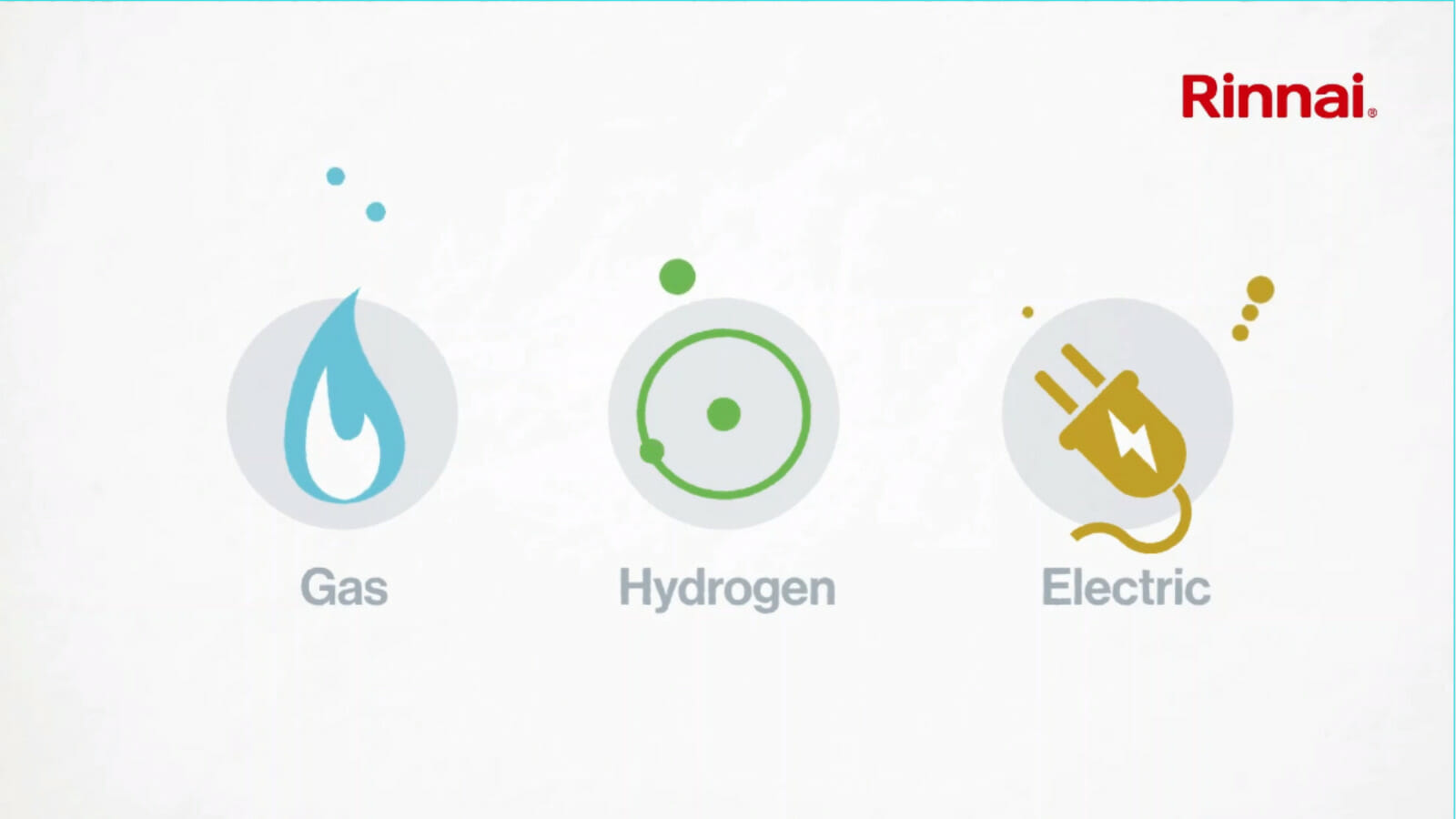
Chris Goggin details construction projects and financial funding directly related to future widespread UK hydrogen usage. Customers of energy and all related products will be provided with insight into projects that involve hydrogen use and production by big business inside the UK and EU.
Future UK energy options will be clean, domestically sustainable and free from market interference. Low carbon alternatives will be gradually introduced in replacement of environmentally harmful fossil fuels. A form of future energy that fulfils a low carbon criteria and can be domestically manufactured is hydrogen.
The UK government has recently released their latest report detailing a future approach to hydrogen dispersal. In brief, present calculations for the use of hydrogen as an upcoming UK energy option will be limited to decarbonising hard to reach sectors of industry and transport. If scientific data that proves hydrogen adoption yields beneficial results, hydrogen could be used to heat domestic and commercial properties.


Various hydrogen projects are being pursued, constructed and installed by leading international energy companies such as Shell and BP as well as several other large UK energy operators.
Spanish renewable energy company Iberdrola will invest €170 million in constructing and developing a green hydrogen facility at Felixstowe, England’s largest port. Manufacturing capacity will be around 14,000 tons a year with the ambition to double this figure in the near future. All green hydrogen that is produced will be used to power port vehicles and machinery.
Norwegian state-owned oil and gas company Equinor has submitted a bid for UK governmental funding of £16 million with the aim of constructing a second blue hydrogen facility in the Humber region of England. A final investment decision will be made in 2025.
The Hydrogen to Humber (H2H) Production 2 site will be located close to Equinor’s H2H Saltend project – another blue hydrogen facility. Operations will begin in 2028 if the construction and approving processes are not complicated by unforeseen events.
Both Saltend and Humber projects will use natural gas to produce blue hydrogen and utilise CCUS technology (Carbon Capture & Underground Storage) that will detain a vast majority of created emissions. Equinor also received £8.4 million in governmental funding, a figure matched by private investments to begin Saltend construction.
Another big company hoping to deliver a hydrogen production facility is UK oil and gas company BP. BP has submitted plans to the UK government detailing their vision in constructing and running a green hydrogen hub that will supply clean energy to local industry, businesses and homes.
BP’s HyGreen Teesside project will be located in the Northeast of England. Production and distribution of green hydrogen will be targeted for 2025. MOU’s (Memorandum of Understanding) have been agreed with potential local buyers of end-product green hydrogen, signalling large demand.
One such MOU has been signed with Northern Gas Networks (NGN). BP and NGN will see 2,000 local homes and businesses powered by hydrogen from 2025. It is hoped that the installation of a regional hydrogen hub can assist in enabling a functioning hydrogen economy across the region and nation.
HyNet North West is a £750 million joint venture project that includes several big names such as Cadent, Essar Oil UK and Eni UK. Two blue hydrogen production facilities and CCUS technology will be constructed and inserted into Essar Oil’s Stanlow Refinery and be transported through yet to be assembled infrastructure.
HyNet’s hydrogen hub will contribute 80% of the UK’s 5GW low-carbon hydrogen target that will be utilized in industry, transport and domestic heating. All produced hydrogen will be distributed across Northwest England and North Wales. Operations could begin in 2025.

Two major European economies in The Netherlands and Germany have embraced hydrogen as a potential contributor towards decarbonising national energy resources. The Netherlands is in the process of retrofitting 136,000 km of natural gas pipelines to transport hydrogen for industrial and domestic consumption. The Netherlands “National Hydrogen Network” will be ready for operations in 2031.
Germany is encouraging large domestic industrial hydrogen transitions and residential hydrogen dispersal. German steel producer Salzgitter will spend €723m to replace industrial procedure involving coal with green hydrogen. The German government is also experimenting with trials that use hydrogen to heat properties.
European economies are keen on a switch to hydrogen. At present UK plans are not definitive on the role of hydrogen in the national energy transition, while an influx of data demonstrates the positive benefits of hydrogen usage into policymakers expanding its role in the UK energy transition.
For more information on the RINNAI product range visit
